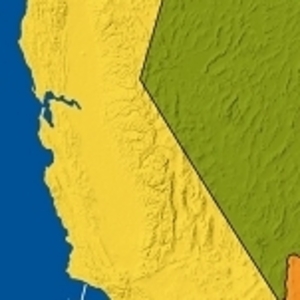5 Calif. LCFS fuel pathway applications open for public comment

February 25, 2014
BY Ron Kotrba
The California Air Resources Board has posted five low carbon fuel standard (LCFS) Method 2 fuel pathway applications to the LCFS public comments website.
Two of the applications come from Methes Energies Canada; one for used cooking oil biodiesel, the other for distillers corn oil biodiesel. Neste Oil also has an application for New Zealand tallow to renewable diesel. The other two pathway applications, from Great Plains Ethanol (dba Poet Biorefining Chancellor) are for corn and sorghum ethanol.
Method 2 fuel pathway applications are posted to the web page for public comments for 10 calendar days prior to final posting on the LCFS Method 2 pathway page.
Advertisement
The deadline for this comment period is March 2 at 5 p.m.
Advertisement
Related Stories
President Trump on July 4 signed the “One Big Beautiful Bill Act.” The legislation extends and updates the 45Z credit and revives a tax credit benefiting small biodiesel producers but repeals several other bioenergy-related tax incentives.
CARB on June 27 announced amendments to the state’s LCFS regulations will take effect beginning on July 1. The amended regulations were approved by the agency in November 2024, but implementation was delayed due to regulatory clarity issues.
The USDA’s National Agricultural Statistics Service on June 30 released its annual Acreage report, estimating that 83.4 million acres of soybeans have been planted in the U.S. this year, down 4% when compared to 2024.
SAF Magazine and the Commercial Aviation Alternative Fuels Initiative announced the preliminary agenda for the North American SAF Conference and Expo, being held Sept. 22-24 at the Minneapolis Convention Center in Minneapolis, Minnesota.
Scientists at ORNL have developed a first-ever method of detecting ribonucleic acid, or RNA, inside plant cells using a technique that results in a visible fluorescent signal. The technology could help develop hardier bioenergy and food crops.
Upcoming Events










